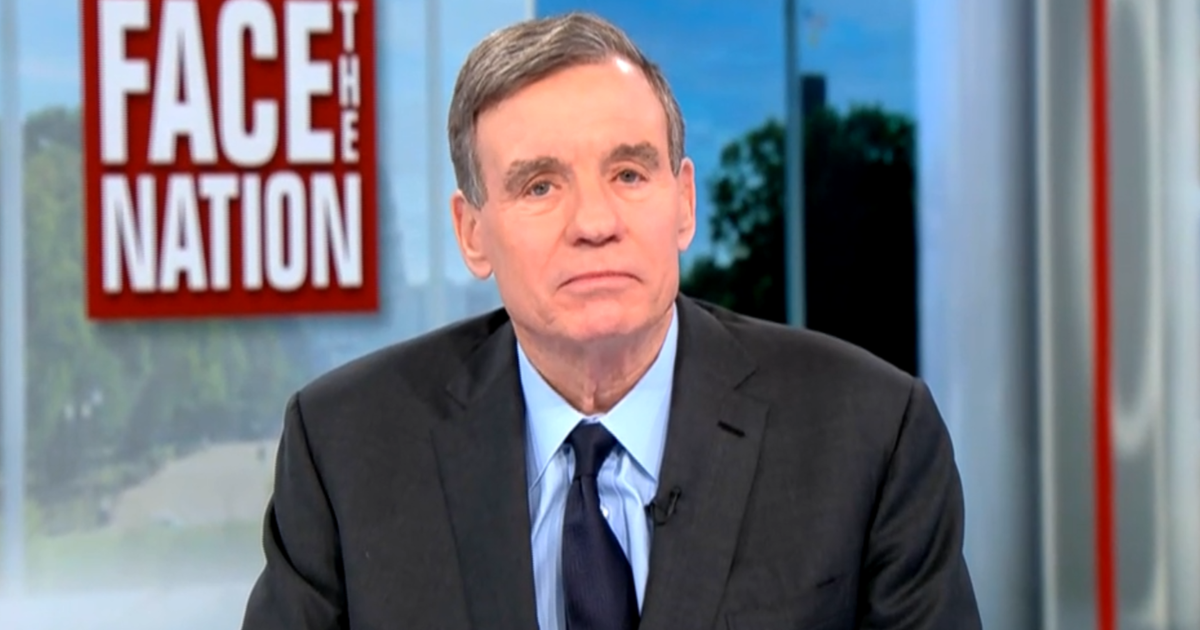Key takeaways:
- Vice President JD Vance’s opposition to President Trump’s military strike against Houthi forces in Yemen has caused division within the administration and the Republican Party, with some lawmakers expressing dissatisfaction with Vance’s stance.
- The administration’s aggressive military approach against the Houthis has sparked debate about U.S. foreign policy priorities, with some lawmakers frustrated by Vance’s perceived obstruction of Trump’s directive.
- Senator Mark Warner discussed the potential implications of the military campaign on “Face the Nation,” highlighting its impact on Red Sea trade routes and reflecting broader strategic considerations.
In recent developments, Vice President JD Vance’s reservations about President Donald Trump’s decision to launch a military strike against the Houthi forces in Yemen have sparked significant reactions among senior Republican lawmakers. These concerns were expressed in a Signal chat with other top U.S. officials, which has since become public. The incident has led to a division within the administration and the Republican Party, with some members expressing dissatisfaction with Vance’s stance on the issue.
The debate centers around the administration’s decision to adopt a more aggressive military approach against the Houthis, a move that has been met with mixed reactions. Some lawmakers are frustrated with Vance, believing he attempted to obstruct President Trump’s directive. This has further fueled the ongoing discussion about the United States’ foreign policy priorities, particularly in relation to its involvement in overseas conflicts.
Senator Mark Warner, a Democrat from Virginia, addressed the situation during an interview on “Face the Nation with Margaret Brennan” on March 30, 2025. Warner highlighted the administration’s shift towards a potentially prolonged military campaign against the Houthis, reflecting broader strategic considerations. He also discussed the implications of such actions on commercial shipping through the Red Sea, suggesting that a successful campaign could potentially reopen these vital trade routes.
The situation underscores the complexities of U.S. foreign policy and the internal debates that shape its direction. As the administration navigates these challenges, the differing perspectives within the government and the Republican Party continue to influence the discourse on America’s role in international conflicts and its commitment to prioritizing national interests.



Be First to Comment